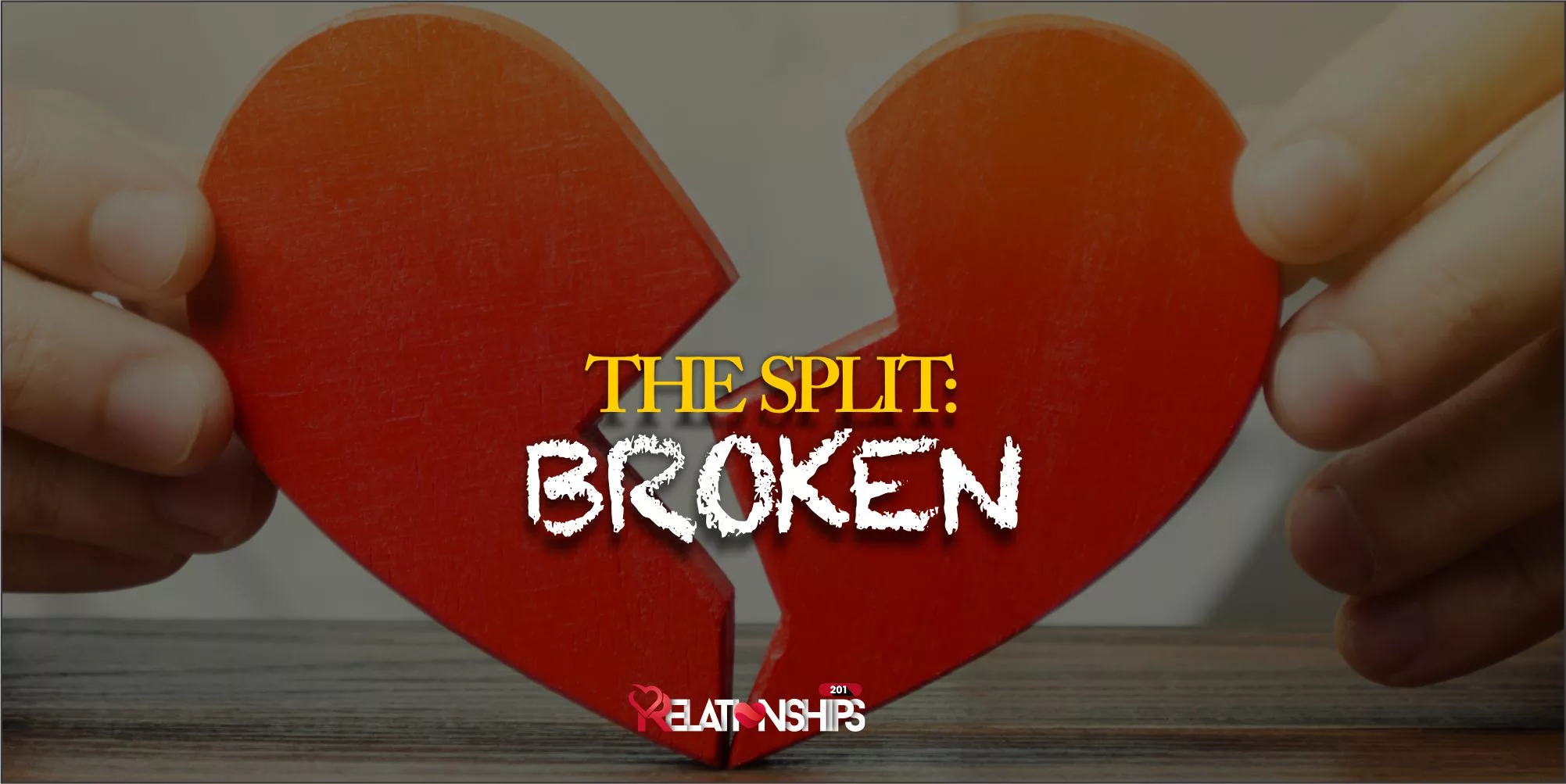Ever heard it said, ‘a broken engagement is better than a broken marriage’? A lame attempt to comfort and bring hope to someone dealing with the pain of a breakup. A statement used by the heartbreaker to justify his/her actions to the one heartbroken! You may even have told someone, ‘at least you escaped with your life, or ‘think of the children’. Words meant to comfort, that sound as hollow as the hearer feels!
Truth is, regardless of the reasons for these words of comfort, promises have been broken and expectations dashed. A wedding will not take place, a marriage is over, and children will not grow with both parents present; days, weeks, and perhaps years of emotional investment are over without yielding the expected returns.
It is dishonorable to break a promise, and a moral failure to lack the capacity to keep one’s word. Unfortunately, as undesirable and unpalatable as it sounds, people break promises for different reasons. Reasons include selfishness, family or cultural concerns, betrayal of trust, thoughtlessness, last-minute cold feet, lack of funds, and relocation; to mention a few.
So how should the person who suffers a heartbreak handle it? If a marriage promise must be broken for reasons individual(s) consider to be cogent, is there a way the promise breaker should go about it (not that there is any good way to do a ‘bad’ thing)? In the next few weeks, we will address this delicate issue that has affected many lives. The 1st two weeks will be dedicated to the heartbroken, while we conclude with the heartbreaker.
If you find yourself holding the short end of the stick in a breakup and left heartbroken, the following thoughts are advisable for consideration:
1. IT IS OKAY TO CRY!: Psychology Today (in an online article) once wrote, “Tears are the body’s release valve for stress, sadness, grief, anxiety, and frustration. They help to purge pent-up emotions so they don’t lodge in the body as stress symptoms such as fatigue or pain. To stay healthy and release stress, it is good to cry.” You hurt because you truly loved the person, so cry.
2. RIGHT-SIZE THE SITUATION: It is important not to blow things out of proportion but to right-size the problem. Do not make things appear worse than they really are; it will not be helpful to you unless it gets you a pity party. Know that you are not the first to go through this and will not be the last. If someone has survived it, you will survive it too. It will remain in your history and not in your destiny.
3. AVOID BLAMING YOURSELF: Do not listen to any voice that ascribes all the blame to you. It is counterproductive and may ‘permanently’ damage your self-esteem. This is not to say you may not have done some things wrong, but do not take on all the blame. Appraise the situation objectively and take responsibility for your faults, if any. Do not let your mind or anyone else lie to you and send you into bouts of depression and dark mood swings.
4. DO NOT KEEP IT TO YOURSELF: Do not mourn alone. It can be overwhelming, and you may have to deal with all the wrong and open-ended questions your mind can concoct alone. Draw strength from people. They can help with watching over the children, a place to stay, destroying already printed wedding cards, or returning his/her stuff with you. Do not let the shame of “What will they say?” or “How will I look?” stop you from reaching out. Get a support group around you – family, friends, clergy, etc. Remember, “A problem shared is a problem half-solved.”
We will conclude next week. I will love to read your thoughts or experiences.



This is an amazing read! “ If someone has survived it, you will survive it too. It will remain in your history and not in your destiny”. As difficult as it sounds, time heals. Thank you so much pastor for this article.
Thanks for the feedback Aimua. Truly, there is destiny ahead!